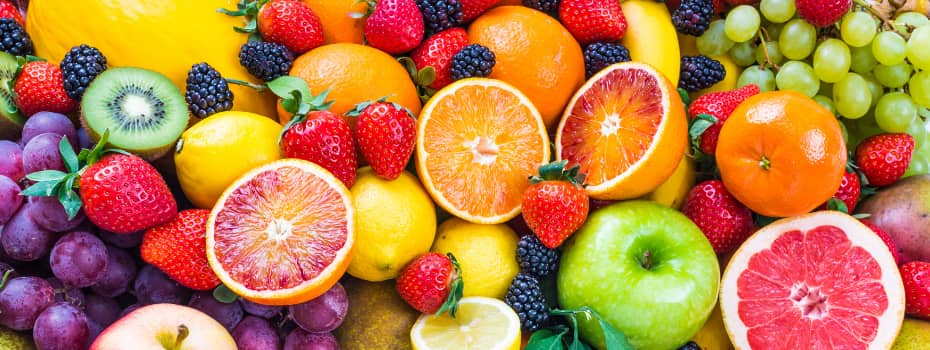Before we answer the question that gives rise to this article, it is important to understand and clarify what polyphenols are 🙂
Polyphenols are micronutrients present in many plant-based foods and beverages. They exhibit antioxidant properties, so they may play a role in preventing many common diseases associated with oxidative stress, which occurs in the body when a large number of free radicals overwhelm the body’s natural repair systems. Free radicals are oxygen-containing molecules that have an odd number of electrons, which makes them unstable, so they look for an electron to pair up with. This is why free radicals react easily with other molecules, leading to oxidation. Oxidative damage is a major cause of many chronic diseases and is associated with premature aging
Antioxidants work by donating an electron to the free radical. This donation makes the free radical less reactive, but the antioxidant remains stable. When this system is not working properly, the human body becomes more susceptible to certain diseases. Polyphenols are the most abundant antioxidant in the human body and come from plant foods. Hundreds of polyphenols have been identified in foods. There are two main types: flavonoids and phenolic acids, of which your recommended dietary intake is approximately 1 gram per day.
Going back to the question that brought us here, are foods rich in polyphenols important for the Microbiome?
The answer is yes! Up to 95% of the polyphenols that are ingested travel (undigested) to the colon, where they are broken down into smaller metabolites. Gut bacteria such as Lactobacillus, Bifidobacterium, and Escherichia coli have been identified as catalysts in the metabolism of polyphenols. In exchange for being transformed into bioavailable metabolites, dietary polyphenols promote the growth of beneficial bacteria and prevent the growth of harmful bacteria. This mutual relationship between polyphenols and the gut microbiota is believed to contribute to health. Some studies have shown that polyphenols promote the growth of beneficial bacteria such as Bifidobacterium and Lactobacillus, which are important for the balance and proper functioning of the gut microbiota and have beneficial effects on human health. These bacteria are fundamental in helping to digest the dietary fiber that is ingested and to transform it into vitamins and short-chain fatty acids.
Polyphenols are also considered prebiotics because they feed the Bifidobacteria present in the gut, i.e. they increase the population of gut bacteria, promoting the health of the host. The antioxidant properties of some polyphenols also make them critical for the treatment of inflammatory bowel diseases.
Another bacterial species that has a special relationship with polyphenols is Akkermansia muciniphila, which accounts for up to 4 percent of gut bacteria and is associated with lean body mass and obesity prevention. Certain polyphenols can have a positive effect on Akkermansia muciniphila. For example, polyphenols from grapes can increase the abundance of this bacterial species that enhances the intestinal barrier function.
Speaking of grapes, what foods can be considered rich in polyphenols? 🙂
- Apples;
- Cherries;
- Raspberries;
- Strawberries;
- Tomatoes;
- Purple onion;
- Lemons;
- Bananas;
- Oranges;
- Peaches;
- carrots;
- Turmeric;
- Spinach;
- Olives;
- Celery;
- Asparagus;
- Blueberries;
- Blackberries;
- (…)
As we can see from the list above and conclude, polyphenols are present in many fruits and vegetables and are known for their antioxidant and anti-inflammatory benefits, having a bidirectional relationship with the gut microbiota, offering numerous health benefits.
By participating in the Stargut Program you will get a recipe book with several meal suggestions that include polyphenol-rich ingredients. What are you waiting for to join us and start taking care of yourself? Your body will thank you and give back 🙂



